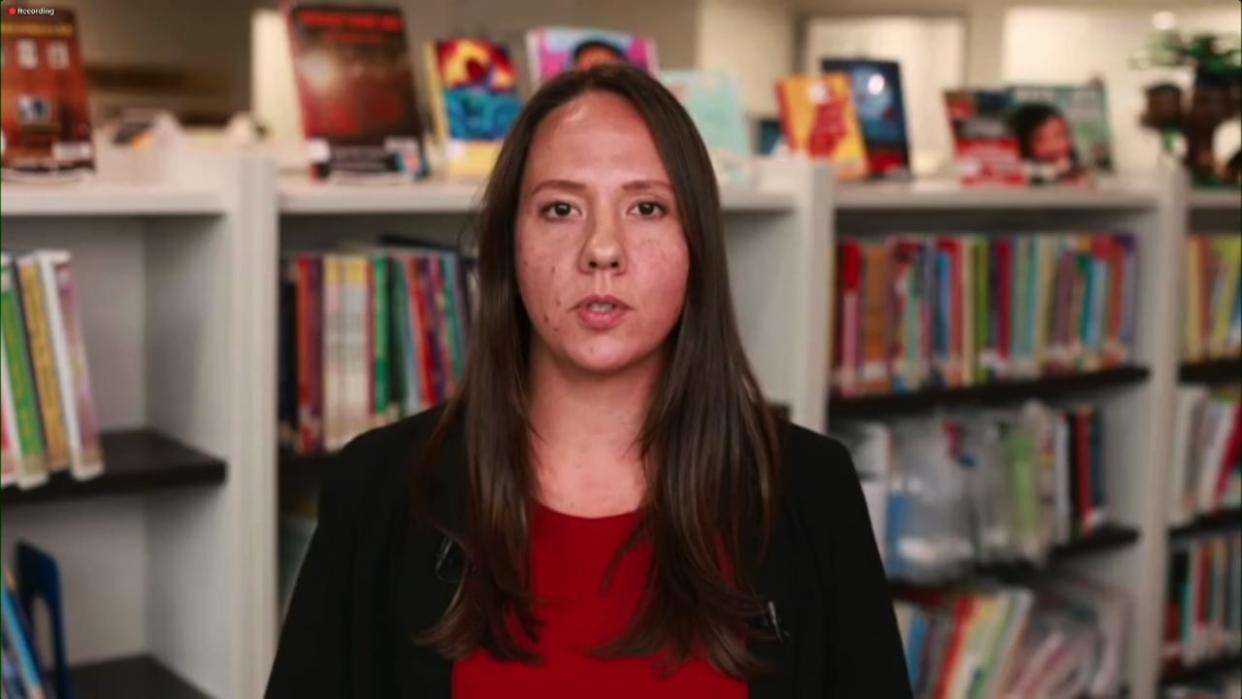Sask. Teachers' Federation launches phone-in campaign ahead of conciliation talks

The Saskatchewan Teachers' Federation (STF) launched a phone-in and email-writing campaign last week in hopes of pressuring the province as contract talks continue.
The STF says more than 500 calls and emails were made to MLA constituency offices on Friday.
The STF and the province have been at the bargaining table since June. In October, teachers voted in favour of sanctions after contract negotiations hit an impasse.
The Saskatchewan Party government has previously said that the union was the one to walk away from the bargaining table, and that sanctions could be harmful to students and their families.
STF president Samantha Becotte said she believes the public is on the union's side.
"There are a lot of people in the public who are supporting teachers in this. They are seeing through the misleading information that the government is putting out on billboards," she said.
Among other things, the teachers' federation is asking for more specialized workers in the classroom, including speech-language pathologists, occupational therapists, educational assistants and mental health counselors.
The talks are headed into conciliation Tuesday. Both sides will work with mediators in hopes of an agreement. Conciliation scheduled for three days this week and another two next week.
Becotte said teachers have been willing to return to the negotiation table.
She added that Saskatchewan is not the only province that is trying to negotiate classroom size and complexity.
"B.C. has statements on classroom size. Ontario has negotiated statements in their teacher organizations. So this isn't something that has come out of nowhere," Becotte said.
Becotte said that teachers are tired of having their needs ignored by the government and that it came across clearly through the sanctions vote in which 95 per cent were in favour of the sanctions.
"While we are authorized to take action, that is not our goal. We want to have a negotiated agreement. And so we're hopeful that the conciliation process will bring us closer together."
The Ministry of Education said in a statement that the province's proposal of a seven per cent wage increase over three years recognizes the important work of teachers.
"Teachers in Saskatchewan are currently earning salaries above the average for teachers in Western Canada, all while maintaining very competitive benefits including pension plan contributions, medical and dental plans, and sick leave provisions."
It said that the government's bargaining committee intends to continue negotiating on items including salary and benefits.


